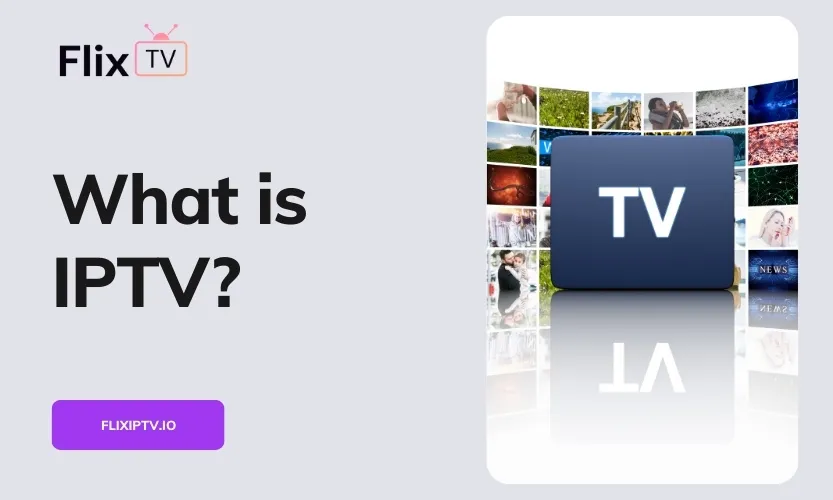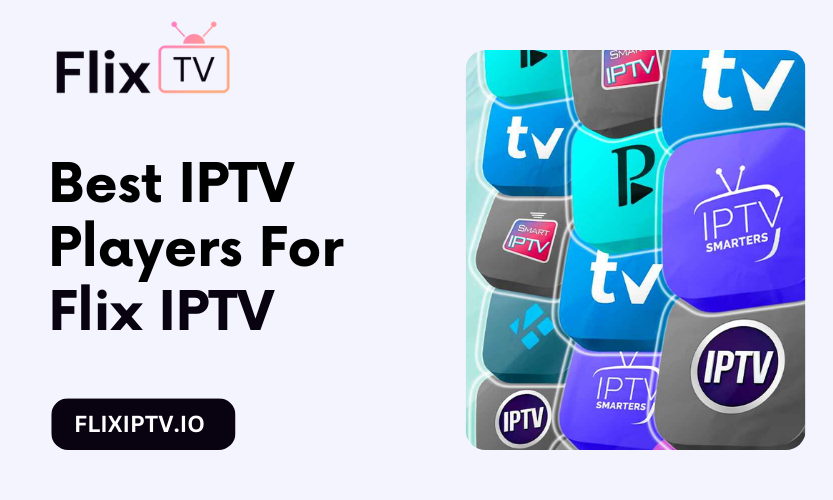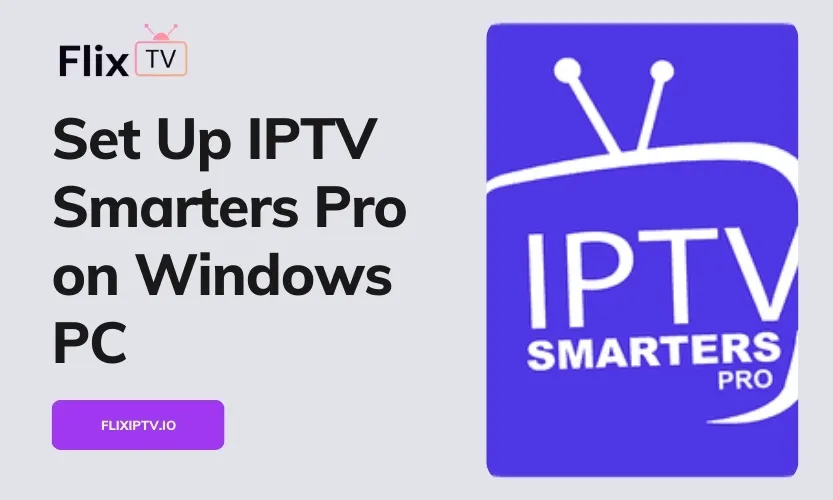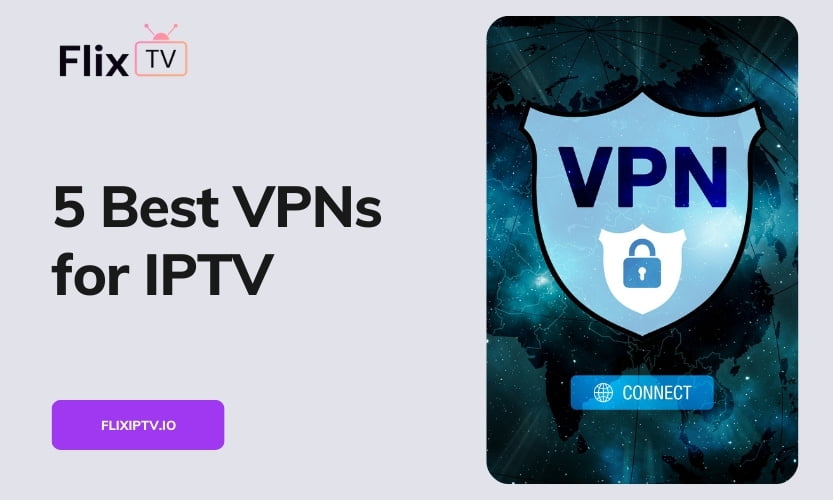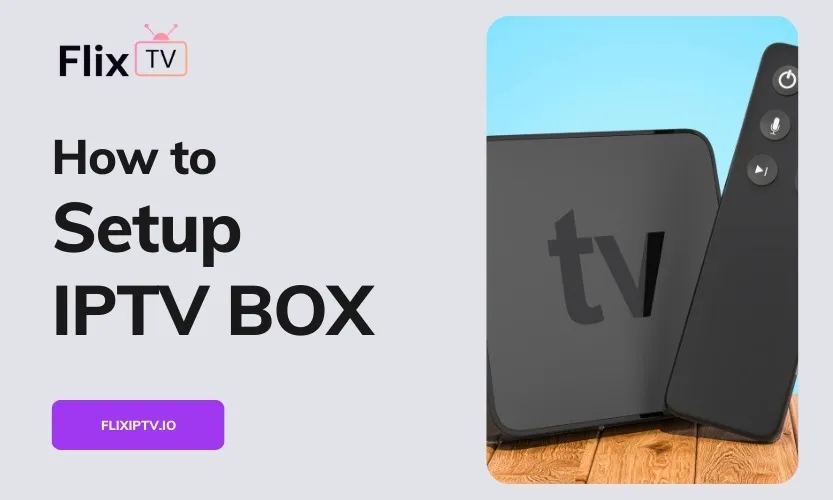Internet Protocol Television (IPTV) is a system for delivering digital television services over Internet Protocol (IP) networks. Unlike traditional broadcast television, IPTV uses the public internet and private networks to transmit audio, video, and other media to consumers.
What is IPTV?
IPTV refers to any television or video content that is delivered to your TV, computer, or mobile device using internet protocol technology instead of being broadcast over the airwaves or through cable/satellite providers.
Key things that differentiate IPTV from traditional TV include:
- Content Delivery: Instead of using antennas or satellites, IPTV relies on broadband internet connectivity to deliver media. This allows for more flexibility in accessing programming.
- On-Demand Viewing: Along with live TV, IPTV platforms let you stream shows and movies whenever you want, similar to popular streaming services.
- Interactivity: IPTV offers interactive features like pausing live TV or accessing extra content related to what you’re watching.
- Accessibility: IPTV services can be accessed across multiple devices like smart TVs, laptops, tablets, and smartphones.
How Does IPTV Work?
At a high level, here is the IPTV delivery process:
- TV providers encode video signals and deliver them over IP infrastructure.
- Consumers access IPTV through a set-top box or app on devices connected to the internet.
- The video streams are then decoded for viewing on your preferred screen.
To ensure smooth streaming, IPTV leverages private networks which give providers better control over bandwidth and reliability. The video traffic is managed more efficiently compared to public internet where capacity issues can impact quality.
Benefits of IPTV
Some reasons for the rising popularity of IPTV include:
Flexibility – IPTV frees you from fixed broadcast schedules. Enjoy shows and movies on-demand and pause live TV programs if needed.
Customization – Personalized user interfaces allow you to easily access preferred content.
Convenience – Get your entertainment on any internet-enabled device, wherever you go.
Interactivity – Interactive IPTV features like accessing actor information while watching a show makes for a richer viewing experience.
As technology advances further, IPTV promises to offer users even more control and customization for their ideal viewing experience.
The Future of IPTV
The global IPTV market is forecast to grow exponentially over the next 5 years. By integrating IPTV services with 5G networks, providers can potentially offer ultra high-definition 4k/8k video and enhanced interactivity to attract more viewers.
IPTV also shows great promise in expanding beyond traditional television to incorporate user-generated content, virtual reality, and targeted advertising across platforms.
As internet speeds ramp up and connectivity becomes omnipresent through 5G, expect IPTV to dominate as the future of television. The lines between traditional TV, internet video, and interactive media will blur substantially.
The bottom line is that IPTV has fundamentally disrupted how we access entertainment and information through our visual mediums. There remains incredible scope for innovation as IPTV services evolve to take advantage of emerging technologies over high-speed, reliable networks. The future looks connected, interactive, and intensely personal through this IP-based television.

